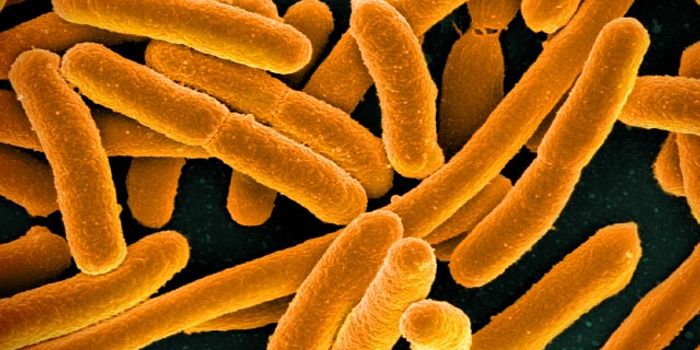Gut Bacteria can Have an Impact on Movement
It’s been said that our gut is our ’second brain’ and there is a direct neurological link between our gastrointestinal tract and our central nervous system, called the enteric nervous system. New research has investigated how microbes in the gut might be affecting the brain; scientists have found that in fruit flies, gut bacteria seem to influence neurons that control movement. The work, by investigators at the National Institute of Neurological Disorders and Stroke (NINDS), has been reported in Nature.
"This study provides additional evidence for a connection between the gut and the brain, and in particular outlines how gut bacteria may influence behavior, including movement," said Margaret Sutherland, Ph.D., program director at NINDS.
The guts of many organisms contain a community of microbes, which has been shown to play an integral part in health. Animal models that lack those gut microbes have been created for studying their effects. In this work, scientists led by Professor Sarkis K. Mazmanian, Ph.D., and graduate student Catherine E. Schretter of the California Institute of Technology studied fruit flies with no gut bacteria and found that they walked farther and more quickly, as well as taking shorter rests compared to flies with normal gut microbe levels.
"Locomotion is important for a number of activities such as mating and searching for food. It turns out that gut bacteria may be critical for fundamental behaviors in animals," explained Dr. Mazmanian.
Mazmanian’s team wanted to know more about the impact of the five to twenty different strains of gut bacteria typically carried by fruit flies, on their behavior. They introduced individual strains to the germ-free flies. Only two strains, one of which was Lactobacillus brevis caused the movement of the speedy germ-free flies to return to normal.
They found that a molecule called xylose isomerase (Xi) was probably mediating that effect. Xi breaks sugars down in the L. brevis bugs. When the germ-free flies were treated only with Xi, it worked to slow them down to the typical fly speed.
The scientists found that Xi may be carefully controlling carbohydrate levels. Flies that were exposed to Xi were found to have lower levels of trehalose, the fruit fly equivalent of glucose. Fruit flies given Xi behaved normally, and when given trehalose, their rapid movements started again.
The team also assessed the fruit fly nervous system, which contains neurons that make octopamine, a chemical that is similar to noradrenaline, which has a regulatory role in movement. When the team activated those neurons, the L. brevis no longer slowed down the germ-free flies. Once again, they began to speedwalk. In normal flies, activating the same neurons accelerated their movement as well. There was no effect, however, when other neurons were activated.
The researchers suggested that Xi might act as a kind of metabolic sensor in fruit flies that can also send signals to neurons that produce octopamine. That in turn, affects behavior.
"Gut bacteria may play a similar role in mammalian locomotion, and even in movement disorders such as Parkinson's disease," noted Dr. Mazmanian.
It’s not yet known if this process is at work in other organisms as well. Research on the impact of the microbiome on behavior is certain to continue. Learn more about how the gut microbiome may affect behavior from the video.
Sources: AAAS/Eurekalert! Via NIH/National Institute of Neurological Disorders and Stroke, Nature









